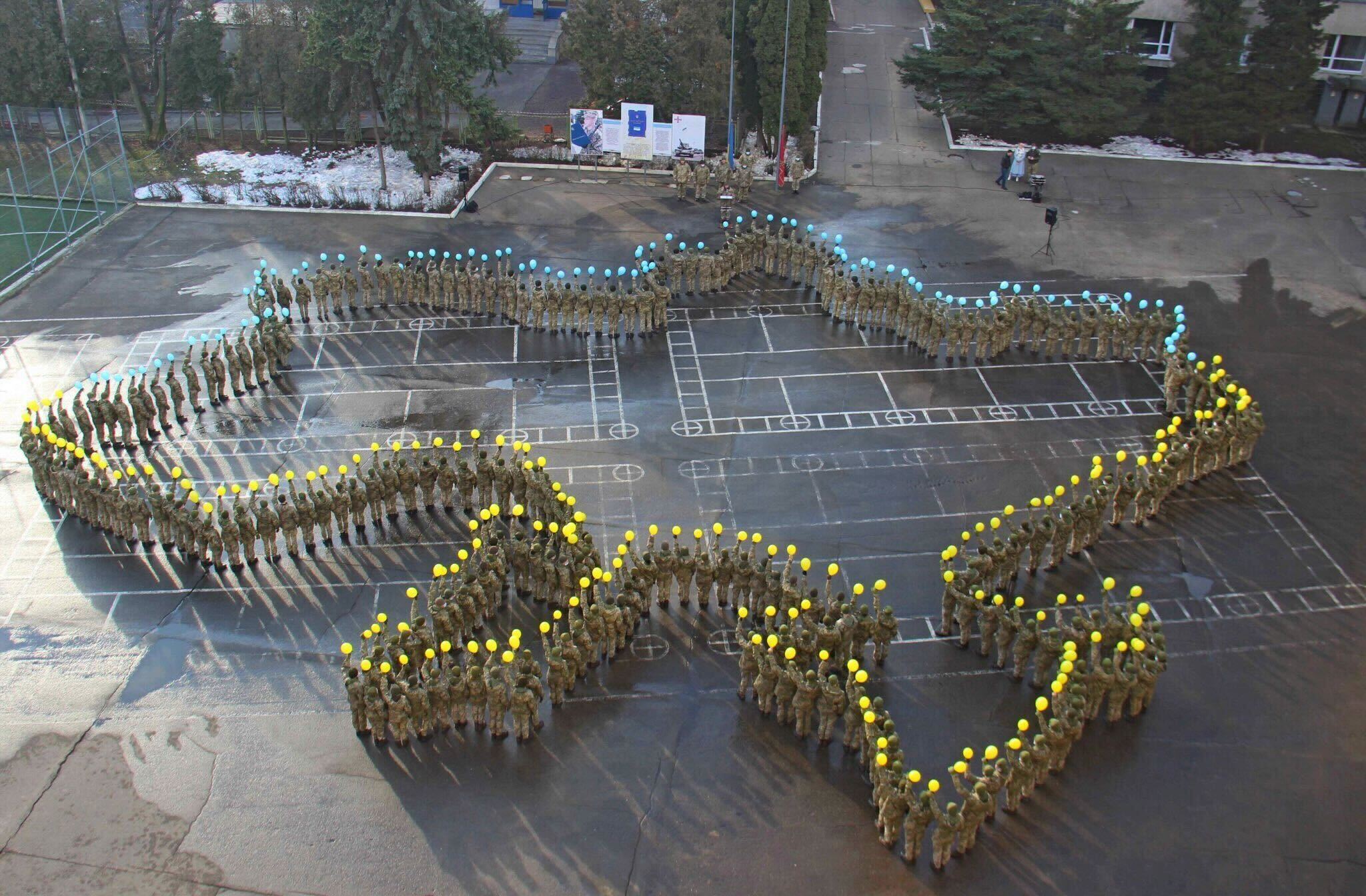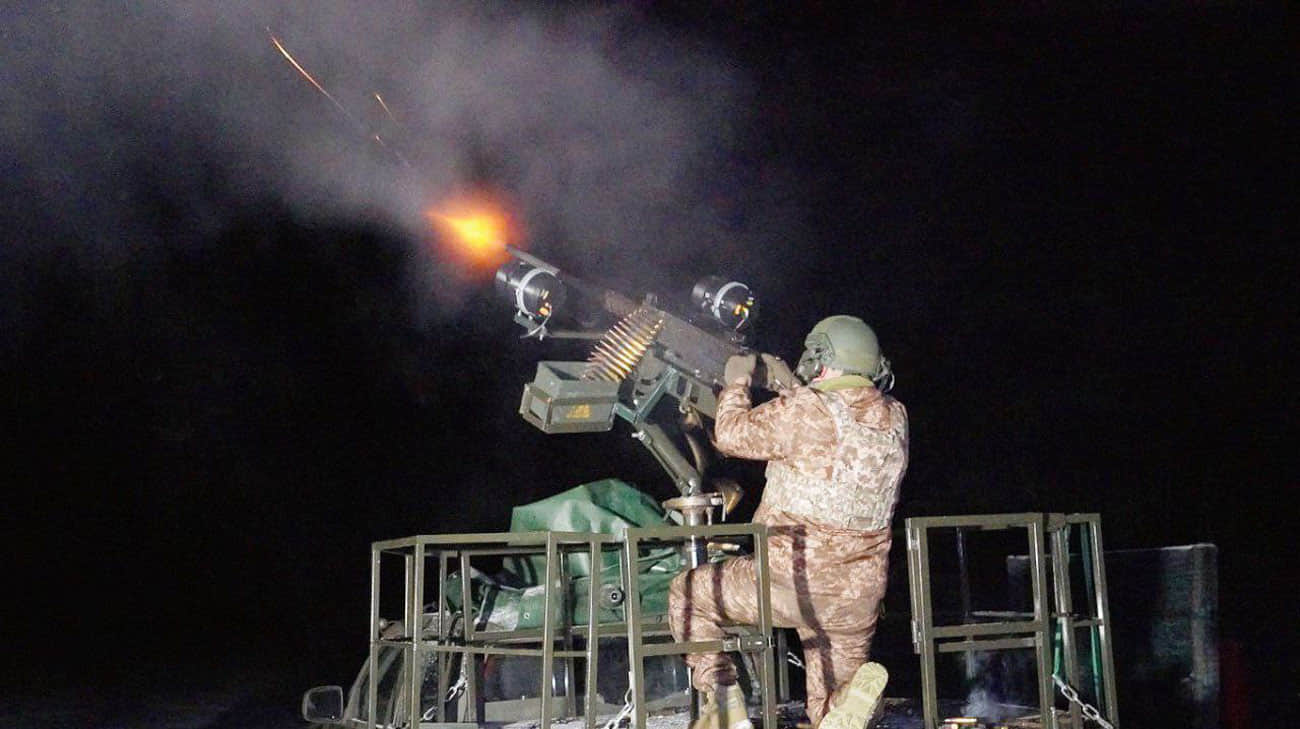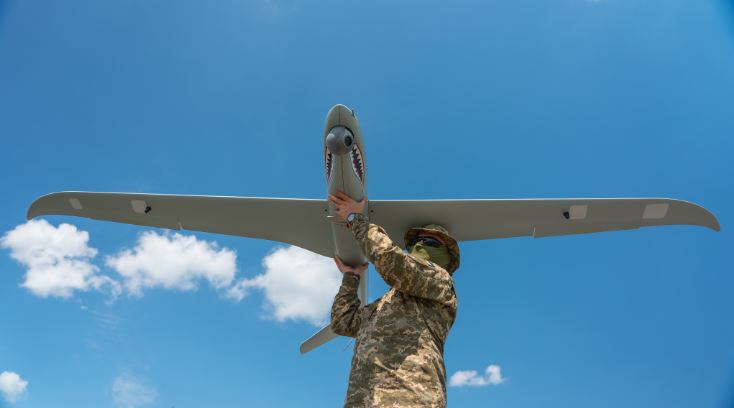Ukrainian society displays high level of unity during wartime, survey finds
“Ukrainian society showed an extremely high level of togetherness when it came to confronting the enemy,” the survey states. The post Ukrainian society displays high level of unity during wartime, survey finds appeared first on Euromaidan Press.

A survey by the Rating Group with the support of the United States Agency for International Development (USAID) and implemented by Chemonics International Inc., reveals high levels of trust and unity within Ukrainian society amid Russia’s ongoing invasion. The study, based on a representative sample of over 2,000 respondents, provides a nuanced view of the societal dynamics in Ukraine.
“Ukrainian society showed an extremely high level of togetherness when it came to confronting the enemy,” the survey finds.
Key findings indicate a general positive trust radius in Ukrainian society, with a higher trust level noted among the older population compared to the younger demographic. This disparity poses challenges to the country’s social capital, especially since the youth are crucial for future human development.
Income levels also significantly influence trust and openness, with higher-income individuals displaying greater openness. This correlation, however, highlights the subjective nature of the income scale in Ukraine, where the higher-income group predominantly comprises the middle class.
The survey also uncovers a paradox in social attitudes. While there is a general balance of trust and distrust in others, an extremely high level of trust is reserved for immediate family and relatives, reflecting deep-rooted family values in Ukrainian culture. In contrast, significant distrust is directed towards strangers, those of different nationalities, or differing political views, underscoring societal divides.
During the war, this trust dynamic has shifted, with increased reliance on collectivism and community support, particularly in volunteerism and neighborhood associations. Trust in charity foundations and civil society organizations has remained high, a trend continuing since 2014.
Interestingly, the trust in government authorities has surged during the war, driven by a collective focus on defense and security. However, this is viewed as a wartime phenomenon, with concerns over socio-economic challenges and corruption likely to resurface post-conflict.
The role of media in shaping social capital is also significant. The preference for independent online media and social platforms underscores the importance of freedom of speech and information accessibility. However, challenges arise from disseminating unverified information, emphasizing the need for media literacy and critical thinking.
Lastly, the survey highlights a strong sense of national, civic, and language identity among Ukrainians, particularly in response to the ongoing war.
“Today, there is an overwhelming consensus on major ideological issues, such as foreign policy or history, which saw a regional divide before February 2022. Such cohesion lays strong foundations for building social capital,” the report says.
However, it also cautions that “the idea of social unity is not yet dominant because of the long-term confrontation on ideological grounds.” Additionally, there is no consensus around “assessing the effectiveness of reforms,” even as over 80% back EU accession.
Read also:
- Ukraine ranks second most generous country in world, survey shows
- “Ukraine is doing everything to strengthen the fight against corruption,” EU official says
- Russia preparing to deport more children from occupied Ukrainian territories
- Russia eradicates Ukrainian literature in occupied territories, replaces it with russian books
The post Ukrainian society displays high level of unity during wartime, survey finds appeared first on Euromaidan Press.


